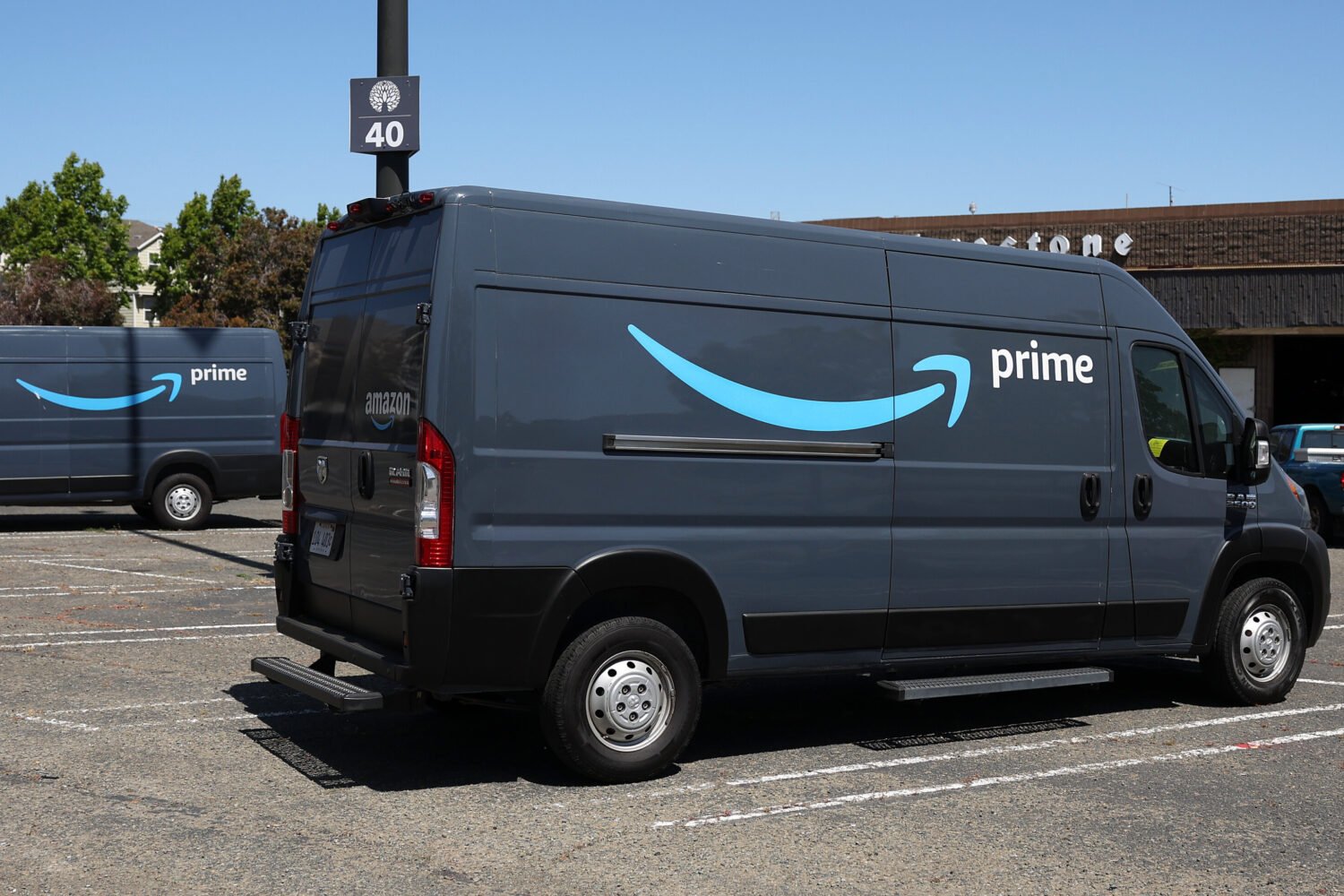Amazon has yet to decide whether it will bring its new headquarters to the Washington area—but the prospect is already front and center in a legal skirmish involving one of Washington’s biggest names.
In a lawsuit filed Wednesday in Montgomery County Circuit Court, the part-owners of a parcel including the former White Flint Mall—reportedly Montgomery County’s top contender for the e-commerce giant’s “HQ2″—say they are being squeezed out by a partnership featuring Washington Nationals owner Ted Lerner.
Lerner, along with the children of the late developer Albert Abramson, shares a 75 percent stake in the 44 acres of land surrounding the shuttered mall. The descendants of Henry Reich, who own the remaining 25 percent, say the majority partners sent a letter on March 5 announcing their plans to sell the entire property—including the Reich family’s take—to a firm affiliated with the Lerners and Abramsons. The letter asserted that the operating agreement for the property gives them the right to do so. The Reich family disagrees with this interpretation, arguing that agreement contains no provision “permitting the majority members from forcing a buy-out of the minority members’ interests.”
The Reich descendants say they don’t want to sell and claim in their filing that the sale price they’ve been offered, $6.6 million, is only 5-10 percent of the land’s actual value. The site has already been approved for 5.2 million square feet of mixed-use redevelopment. Amazon’s arrival could make it even more valuable: The HQ2 project is expected to generate $5 billion in new construction and 50,000 new high paying jobs.
And even though the closure and impending redevelopment of White Flint has been the subject of real estate disputes for years, it is the prospect of Amazon’s arrival that has forced the issue, according to the Reich descendents’ complaint. The minority owners say they weren’t told that on March 4—the day before their letter demanding a sale or transfer—Amazon officials toured the property with representatives of the Lerners and Abramsons’ firms.
“On literally the eve of realizing the exciting and lucrative development opportunities available for the property, Lerner and [the Abramsons], are attempting to strip the [Reich family] of their entire ownership interest,” Jeremy W. Schulman, a lawyer representing the minority owners, says in the complaint. “Lerner and [the Abramsons] are doing so by concocting a sham ‘transaction’ in which they literally purport to be ‘selling’ the property to themselves.”
“This proposed transaction,” the lawyer continued in the complaint, “is nothing more than the Managing Member and the majority members forcibly ousting the [Reich] Family from the Company and divesting them of the profits of the redevelopment, which very well may include the immense financial rewards associated with White Flint being picked by Amazon for Amazon HQ2, to keep the spoils for themselves.”
The complaint alleges that the “attempted forced sale or transfer” represents a breach of fiduciary duty, and Reich’s decedents are asking the court for an injunction to block the sale or transfer, which the Lerners and Abramsons had hoped to finalize by April 30.
Edward Cohen, who is Ted Lerner’s son in law and a representative of Ted Lerner’s interest in the property, did not respond to requests for comment. Nor did Jeffrey Abramson, who represents his family’s interest in the property. Schulman declined to comment for this article.


![Luke 008[2]-1 - Washingtonian](https://www.washingtonian.com/wp-content/uploads/2017/10/Luke-0082-1-e1509126354184.jpg)














